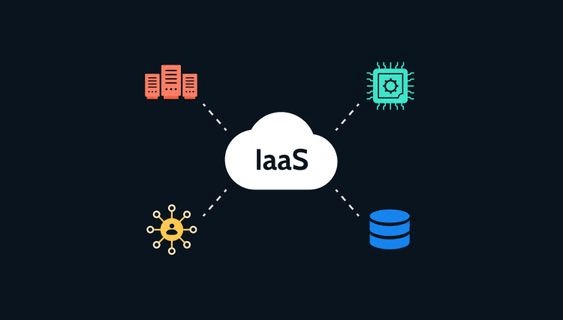
Introduction
Cryptocurrency has emerged as one of the most disruptive innovations of the 21st century. It has transformed the world of finance, introducing new ways for people to transact, invest, and store wealth. This article will delve into the world of cryptocurrency, exploring its origins, how it works, its advantages and challenges, and its potential future.
What Is Cryptocurrency?
Cryptocurrency is a type of digital or virtual currency that uses cryptography for security. Unlike traditional currencies issued by central banks (fiat money), cryptocurrencies operate on decentralized networks, typically based on blockchain technology. Blockchain is a distributed ledger that records all transactions across a network of computers, ensuring transparency and security.
The most well-known cryptocurrency is Bitcoin, but there are thousands of others, including Ethereum, Litecoin, and Ripple, each with its unique features and use cases.
The Origins of Cryptocurrency
Cryptocurrency was born out of the desire for a decentralized form of money that operates outside the control of governments and central banks. Bitcoin, created by an anonymous individual or group known as Satoshi Nakamoto, was introduced in 2009 as the first cryptocurrency. It was designed as a peer-to-peer digital payment system that would allow users to send and receive money without intermediaries like banks.
How Does Cryptocurrency Work?
- Blockchain Technology: The backbone of most cryptocurrencies is blockchain. It is a decentralized ledger that records transactions in blocks. Each block is linked to the previous one, forming a chain. This ensures that once a transaction is recorded, it cannot be altered or tampered with.
- Mining: Cryptocurrencies like Bitcoin are mined by individuals or groups using powerful computers to solve complex mathematical problems. In return for solving these problems, miners are rewarded with newly created coins.
- Wallets and Transactions: Cryptocurrency transactions are made through digital wallets, which store the private keys necessary to access the coins. Transactions are conducted over the internet and are typically fast and inexpensive compared to traditional banking systems.
Advantages of Cryptocurrency
- Decentralization: Cryptocurrencies operate independently of central banks and governments. This decentralization gives users more control over their money and reduces the risk of government intervention or inflation.
- Security: The use of cryptography and blockchain technology makes cryptocurrency transactions highly secure. The decentralized nature of blockchain means that there is no single point of failure, making it more resilient to hacking.
- Global Accessibility: Cryptocurrencies can be used by anyone with an internet connection, regardless of geographic location or financial status. This accessibility can empower individuals in underbanked or unbanked regions to participate in the global economy.
Challenges of Cryptocurrency
- Volatility: Cryptocurrencies are known for their price volatility. The value of Bitcoin, for example, can fluctuate dramatically within a short period. This volatility can make it difficult to use cryptocurrencies as a stable store of value or a medium of exchange.
- Regulatory Uncertainty: Governments around the world are still grappling with how to regulate cryptocurrencies. Some countries have embraced them, while others have banned or restricted their use. The lack of clear regulations creates uncertainty for investors and users.
- Scalability: As cryptocurrencies become more popular, the networks that support them can become congested. This can lead to slower transaction times and higher fees. Solutions are being developed to address these scalability issues, but they remain a challenge.
The Future of Cryptocurrency
Cryptocurrency has the potential to reshape the financial landscape. As adoption increases, it could lead to more efficient and secure ways of conducting transactions, particularly in developing regions. However, challenges like regulation, scalability, and volatility must be addressed before cryptocurrencies can achieve mainstream acceptance.
Conclusion
Cryptocurrency represents a revolutionary shift in how we think about money and finance. While there are challenges to overcome, the potential benefits of decentralization, security, and global accessibility make it an exciting area of development. As technology and regulatory frameworks evolve, cryptocurrencies may play an even larger role in the global economy.



